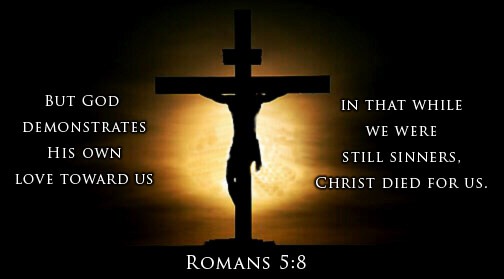After Charles Finney’s overwhelming conversion experience, his pastor, the Rev. Gale, undertook the task of trying to train him for the ministry. The theology he tried to convince Finney to accept didn’t seem right to him. As he explains in his autobiography,
Soon after I was converted I called on my pastor, and had a long conversation with him on the atonement. He was a Princeton student, and of course held the limited view of the atonement—that it was made for the elect and available to none else. . . .
I was but a novice in religion and in Biblical learning; but I thought he did not sustain his views from the Bible, and told him so. . . .
He was alarmed, I dare say, at what appeared to him to be my obstinacy. I thought that my Bible clearly taught that the atonement was made for all men. He limited it to a part. I could not accept this view, for I could not see that he fairly proved it from the Bible.. His rules of interpretation did not meet my views. They were much less definite and intelligible than those to which I had been accustomed in my law studies.
To the objections which I urged, he could make no satisfactory reply. I asked him if the Bible did not require all who hear the Gospel to repent, believe the Gospel, and be saved. He admitted that it did require all to believe, and be saved. But how could they believe and accept a salvation which was not provided for them?
Indeed. A fair question. The Biblical message is clear: Jesus died for all, and all who will come to Him will be accepted by Him.

